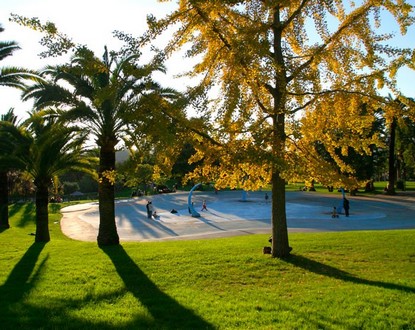The issue of incivilities that concerns several categories of people (Roma and homeless, vagabonds, and simply poor people) is not without consequence in the life of a city. We understand well the reaction of people who often suffer from the deceitful, and sometimes dishonest, behavior of certain individuals, sometimes organized in a criminal network to take advantage of citizens and their goodwill.
Of course, one must be realistic: since the world has existed, this phenomenon has also existed in all the cities of the planet, in a more or less evident manner, and to a more or less significant degree.
Moreover, it is very difficult to distinguish the difference: Identifying the honest person in distress, who would deserve attention and help, yet often only encounters indifference, from those who skillfully exploit the charity of others, even to the point of abusing it.
Facing this issue, which sees the Côte d’Azur in the front lines for obvious reasons due to its geographical position and tourist appeal, and should not be minimized even if it affects a small percentage of the population, the exuberant mayor of Nice has decided not to beat around the bush between reflection and action.
Thus, there are two new orders against disturbances to security, public hygiene, and tranquility, and a second anti-bivouac order. Why these measures? It is the Mayor himself who explains: “To give legal tools to the municipal police. With these orders, they will be able, in case of an infraction, to identify the offenders, issue them a citation, and if they are in an irregular situation, present them to the national police or take them to reception centers.”
To complement the array of new measures, on Friday, during the Municipal Council, a new regulation for parks and gardens will be voted on, while a new brigade will be specifically assigned so that these places frequented by people of all ages, and particularly the very young, remain areas of tranquility and sharing. This is not always the case today.
A grand gesture allowing Christian Estrosi to string together his fierce criticisms towards his favorite target, the Minister of the Interior, Manuel Valls, who is guilty, according to him, of being too tolerant (Nice, under different right-wing governments, was really a Garden of Eden?), and at the same time, to wink at a right-wing electorate in the midst of security frenzy, who might turn their backs on him during the upcoming municipal election.
Indeed, it is apparent: Public order and incivilities have become elements on which the authorities readily surf to take credit from a public opinion heated by a skillful propaganda operation which, however, likely exceeded the goals of its initiators.
A comment nevertheless for the delicacy of the issue: “Adelante con juicio” said Cervantes to a Don Quixote attracted by adventures that never ended as hoped.
Not all offenders are dangerous criminals, and often pedagogy serves more than repression. It will be very useful for specialized police officers, who are knowledgeable of the facts and their causes, to be able to discern between criminal episodes and bad behavioral habits. Even the Holy Roman Church makes a distinction between venial sins and those called “mortal”: For the former, a few “pateraveglorias” suffice for their remission, for the others…
It is therefore wise that such problems be addressed primarily with good sense, without being overly swayed by the looming attention towards the polls that in a few months will welcome the ballots from the municipal election of 2014.


